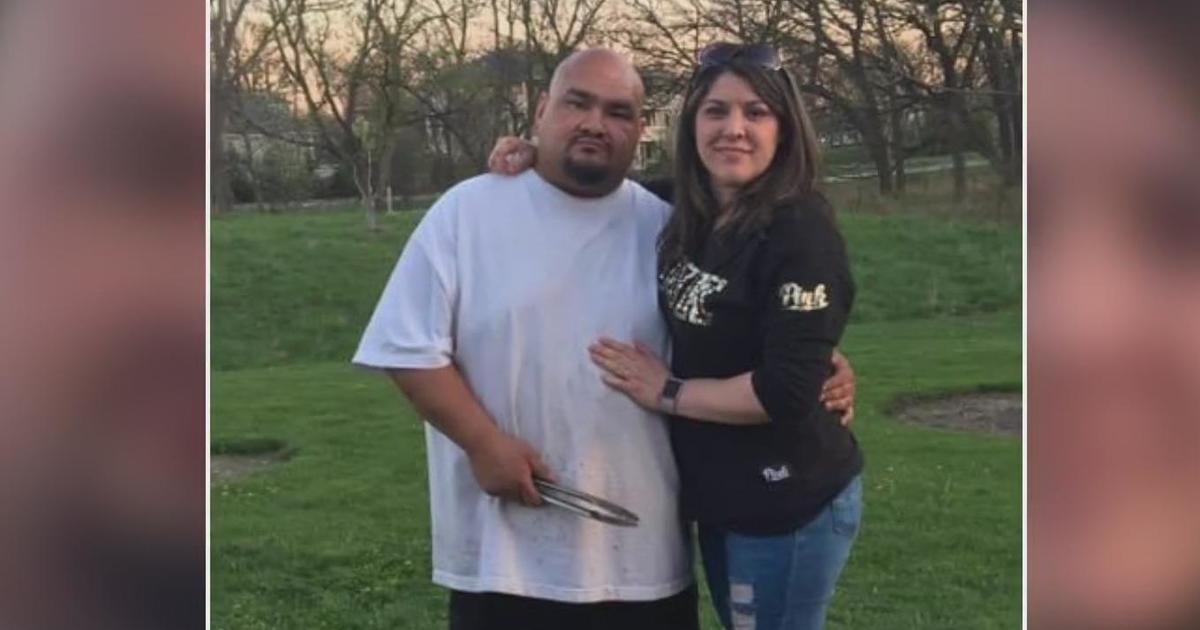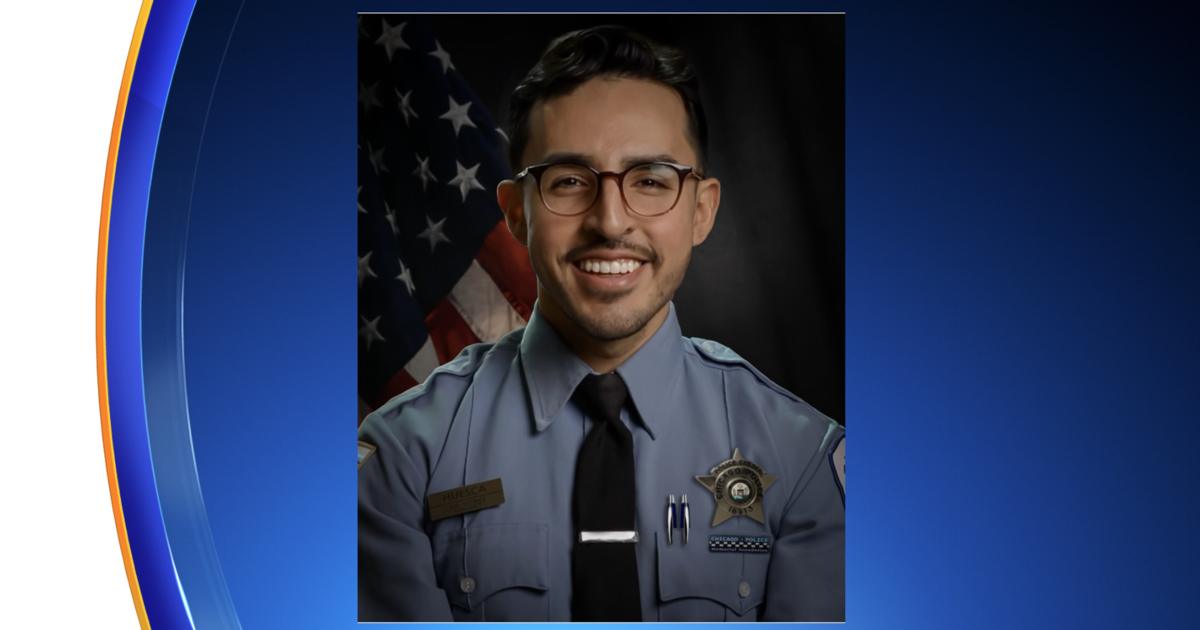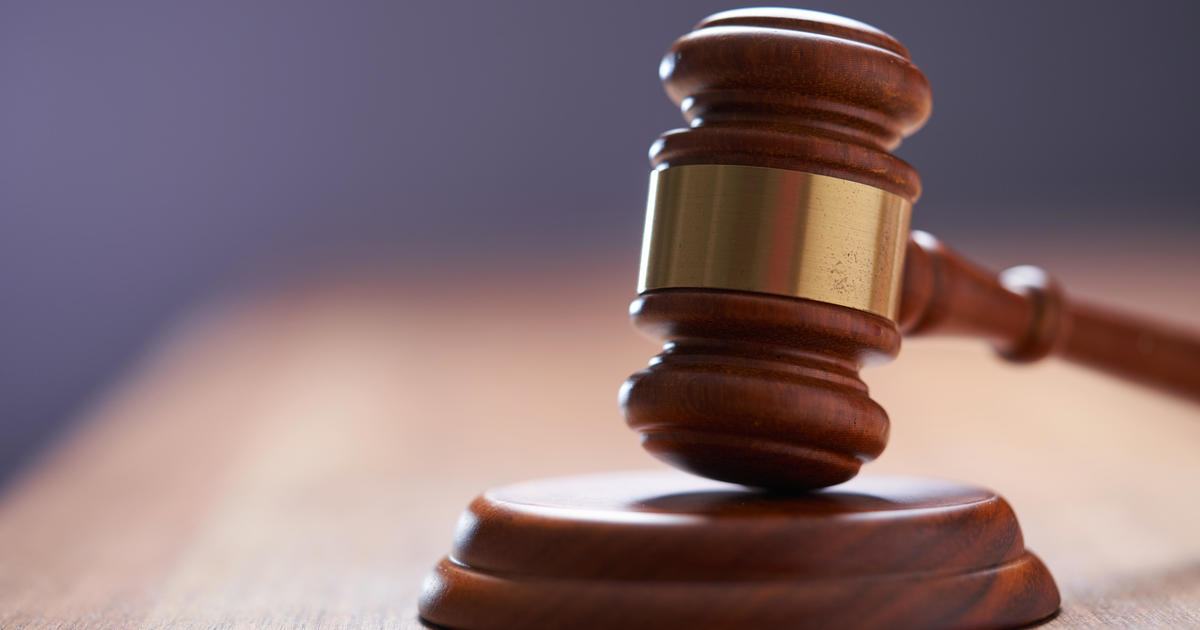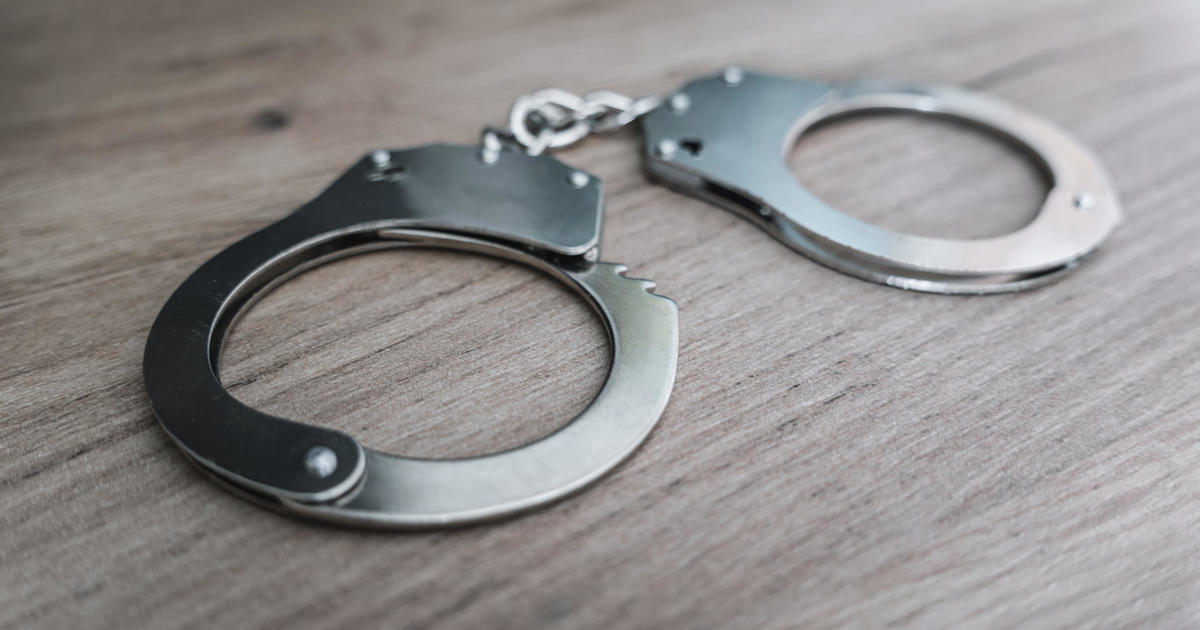Police shooting in west Chicago suburbs highlights concerns about officers responding to domestic violence calls
CHICAGO (CBS) -- The family of a man killed by police responding to a domestic violence call in Carol Stream is demanding the unedited body camera videos of the incident be released to the public – and it is far from the first time a domestic violence call has ended in shots fired.
But the question remains, how can such incidents be prevented in the future?
Carol Stream police said they were responding to a domestic violence call that we've learned was placed by a female friend of Isaac Goodlow III, 30. His family said he has had a history of mental health issues - which raises the question of whether a more specialized response would have changed the outcome.
Carol Stream police have shed little light on exactly what led to the Saturday, Feb. 3, shooting that killed Goodlow, who police described as a domestic violence suspect.
"Officers encountered a tense, uncertain, and rapidly evolving situation, which resulted in officers discharging their weapons at the alleged domestic violence suspect," Carol Stream Police Chief Brian Cluever said at a news conference afterward.
That situation resulted in shots fired. Goodlow, whose family said was suffering a mental health crisis, was shot multiple times and died.
Now the family, which has viewed a redacted and edited version of the body camera video, is asking for the full video to be released.
Domestic violence situations can be dangerous for police and the subjects involved. According to FBI data approximately, 9 percent of the officers killed in the line of duty in the decade ending 2020 were responding to domestic disturbance or domestic violence calls.
But what's the solution?
"That's usually the complaint that we hear from officers is, you know, 'I'm not a social worker,'" said Amanda Pyron, executive director of The Network Advocating Against Domestic Violence.
Pyron said the foundation to an alternate response model is available in Chicago, where domestic violence organizations are working with a group called "Treatment Not Trauma."
Their goal is to have a citywide crisis response program that dispatches properly trained mental health professionals and EMTs - not armed police officers.
"So in cases where there isn't an extreme risk of physical harm to a survivor, that they have an alternate pathway to receive community-based services," said Pyron.
In October, the Chicago City Council approved a working group tasked with creating a report by the end of May that would bring the city closer to implementing Treatment Not Trauma.
Pyron says it is a program to be watched closely — and which should be considered for ultimately expanding beyond Chicago.
"We could probably do something like this at the county level in partnership with the county - you know, serve communities like Carol Stream - and perhaps in neighboring counties that are as well resourced," said Pyron.
Pyron stresses they have a comprehensive network of services so that survivors can reach out early, hopefully before having to call 911.
In response to the call to release the unedited body camera video of the Carol Stream shooting, the village would only say the footage will be released in compliance with Illinois law.




